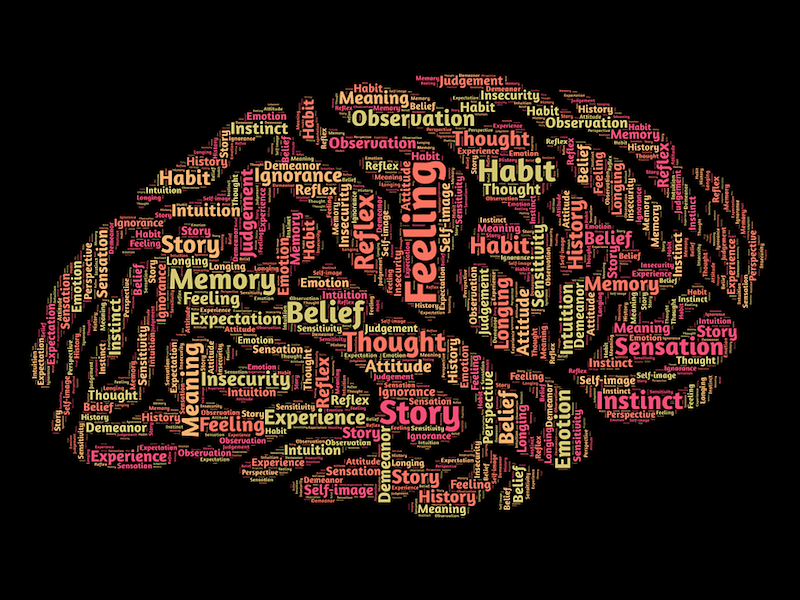Anticipation processes concerns all cases in which the next occurrence of an event has to be predicted, knowing the past events. In the traditional Shannon Game, a player tries to reconstruct a whole text by making successive guesses on the occurrence of the next character. The intended aim of this game was that of giving an estimate of the Entropy (or the Complexity) of English (and more generally of a generic string of characters) in a quantitative way. Entropy and Complexity are closely related to the notion of surprise, because the amount of surprise one experiences is quantified in terms of the probability of occurrence of the next event. Mathematically this is quantified through the conditional probability of the next character, given the past history.
CSL Paris is revisiting the Shannon Game by implementing a wide range of possibilities: different kinds of strings of characters (texts in different languages, artificial sequences coming from dynamical processes, real time-series, etc.), different play modes (individual-collective, character-based or “word”-based), different focuses (anticipation of future events or backward prediction, dependence on language and sociocultural features). The outcome of this game will be a validated dataset to explore the structure of the “adjacent possible” and the way in which people and/or machine explore it. In fact, a version of the game played by artificial intelligent agents is also foreseen, also exploiting the know-how of CSL Paris on the topic of Language. The data gathered through the game will help in conceiving and implementing new adaptive neural architectures in order to suitably represent unanticipated knowledge events. Specific applications for testing and validation will be considered in very different domains, e.g., dynamical systems, robotic tasks, language, music, etc. In the framework of Language, the new machine-learning algorithms will represent the foundations on which novel artificial coherent text generators could be built.



